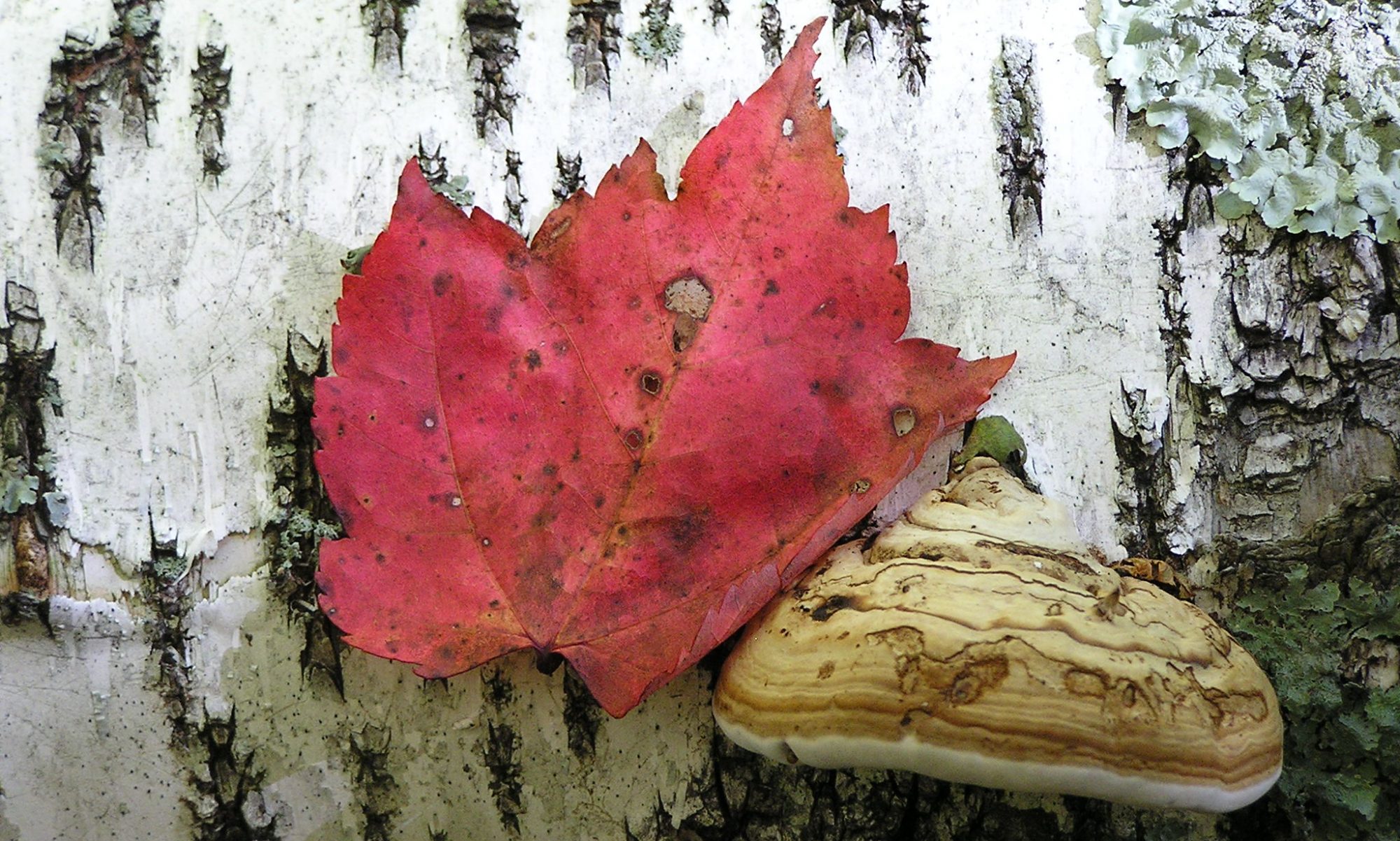
Should summer smell like rotting fish and algae farts? That’s what I wondered while I was in Fort Myers Beach for ten weeks last summer. During that time, Southwest Florida’s beaches were besieged by red tide. Casualties that washed ashore included threatened sea turtles and manatees, adored dolphins, and uncountable crustaceans and fish.
The costliest casualties though, were tourists. Their cash, wake boards, and sandcastles fled to more enjoyable beaches. Jilted residents and businesses went from frustrated to furious. They’re demanding changes. Otherwise, they fear property values will decline. Hotel empires will suffer. Ice cream stands will close.
All are legit fears. All because of an invasion of microscopic algae.
However, I’m glad my summer stunk. Really, truly, we should thank the algae.
We shouldn’t just be grateful that algae’s photosynthesis makes 70-80% of the oxygen we breath. We should appreciate that reeking algae helps identify careless human actions. In Florida’s case, fertilizer runoff in overdeveloped, flood-prone areas (where drainage ditches send fertilizer into waterways, feeding algae blooms). Other human-caused pollution doesn’t cause a stench, so outcry is less. For example, ocean microplastics and rising mercury levels in seafood get little publicity.


Thus, red tide’s funky farts and fishkills should be considered a welcome red flag.
Not convinced? Consider two examples of odorless water pollution.

When I returned to Minnesota last fall, gracious friends let me stay at their island cabin. There, majestic bald eagles circled and perched in the tallest Norway pines. They watched for prey, preened, and rested. And screeched—a less dramatic sound than often portrayed in movies (my video below recorded three eagles screaming at each other). I’d never witnessed such a scene, despite eagles being common throughout Minnesota nowadays.

When I was growing up though, bald eagles were an endangered species. The reason for their decline was their eggs were brittle (breaking in the nest before a chick was mature). Research linked the thin eggs to the pesticide DDT in contaminated fish, a key food source for eagles.

Like canaries in a coal mine, dead eagle chicks helped symbolize that DDT harmed humans too (from autism to many cancers). Yet despite early warnings, the nearly odorless DDT was used for decades before it was banned in 1972. Residual DDT still persists in water today, over 45 years later, but eagle populations have recovered.
The second sad pollution example is a Minnesota Pollution Control Agency study I learned about last year when I attended Minicon 53. Scientists found widespread trace pharmaceuticals and chemicals in sampled rivers and lakes, including a remote Boundary Waters Canoe Area lake. The data led scientists to several surprising culprits, one of which was sewage pond evaporation that spread contaminants via rainfall (click to read an MPR article, or the actual report).
Minnesotans would riot if our abundant lakes, streams, and rivers suddenly were putrid. But trace water pollution rarely has a distinctive smell. Rainfall pollution also has stunning implications, just as acidic rainfall does. Yet, no smell, no fuss.

Sadly, politicians and citizens seem to only act when lawsuits and/or health problems pile up (including fish health, which affects fishing tourism). Without sick or dying people, speedy political action on pollution only seems to happen when one of three conditions exist:
- Bank accounts or investments suffer.
- The air literally stinks.
- Majestic animals die, such as eagles [four-legged frogs don’t matter].
These three conditions all apply to Florida’s red tides! Therefore, I’m optimistic Florida will defeat the algae blooms attacking its summer beaches.

Fresh salty breezes won’t return overnight. But Floridians can’t ignore fertilizer pollution has consequences. They can’t ignore rerouting the “River of Grass” has consequences. They can’t ignore declining tourism.
Stench spurs action.
For this kick to our nostrils, thank you stinky algae! If only all pollution had foul odors.





